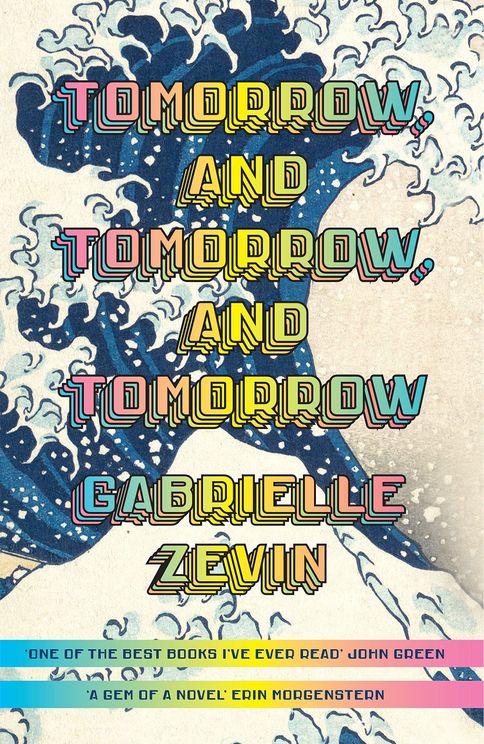
It is 1987 and two kids bond over playing video games in the hospital’s gaming room. Sam is recovering from a horrific car crash and Sadie has been a regular visitor since her sister’s cancer diagnosis. Even though a strong friendship forms, the two become estranged over the next few years until they bump into each other again at the train station as college students. They reconnect yet again through mutual passion for video games. Both very clever, ambitious and inventive people, they create a game called “Ichigo”, which brings them overnight success, fame and recognition in the industry. With the help of Sam’s roommate, Marx, they establish a video game company in LA where they become to make many new video games, to which creative journey the reader will also be taken along with. The book follows their deep, yet complicated friendship through three decades. All characters come from multicultural backgrounds and the narrative also jumps back to their parents’ stories, which are equally captivating as the storylines of the main characters. This book seems to touch on so many diverse subjects, such as race, feminism, disability, multiculturalism, mental health without ever becoming too tokenistic.
As someone who does not play video games, I found this book still very engaging. I loved how the author combines the video game world with everyday life and relationships in such a creative, but also in a meaningful way. It definitely broadened my vision of how multi-faceted video games can be. The title “Tomorrow, and tomorrow, and tomorrow” comes from Shakespeare’s Macbeth, where being a poor player in life is accepted, unlike in video games, where one can always start over, fix a malfunction, find redemption, and, eventually, win the game.
***
London: Chatto & Windus, 2022
Gabrielle Zevin “Tomorrow, and tomorrow, and tomorrow” in e-catalogue ESTER
Gabrielle Zevin “Tomorrow, and tomorrow, and tomorrow” in e-library OverDrive
Elo Pruss
Department of Literature in Foreign Languages

